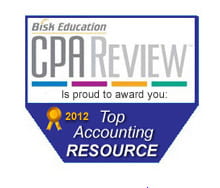Stock Buybacks
A very interesting article in today’s Washington Post discusses the issue of stock buybacks by corporations.
Stock buybacks along with cash dividends enable companies to return capital to shareholders. Stock buybacks are a tax efficient means of doing so. Whereas cash dividends are taxable to shareholders, stock buybacks are not (unless shares are sold with a capital gain). Since stock buybacks reduce the supply of outstanding shares, they should increase the price of these shares over time. However, Warren Buffett has stated that a company should repurchase its own shares only at prices below its intrinsic value. Specifically, Buffett will repurchase shares of Berkshire Hathaway at prices below 1.2 times book value. At Berkshire’s closing price of $295,891 per class A share on April 13, it traded at 1.4 times its book value of $211,750 as of December 31, 2017. Buffett considers Berkshire’s intrinsic value to exceed 1.2 times book value and is allowing for a “margin of safety”.
Many companies buy back their shares on a regular basis. To the extent that these shares are being purchased at prices above their intrinsic value, Buffett would conclude that shareholder value is being destroyed.
Intrinsic value for a specific company can be estimated by performing a discounted cash flow analysis based on projected future free cash flows and an appropriate discount rate.
(Note: This blog post has been published by Investing.com.)



